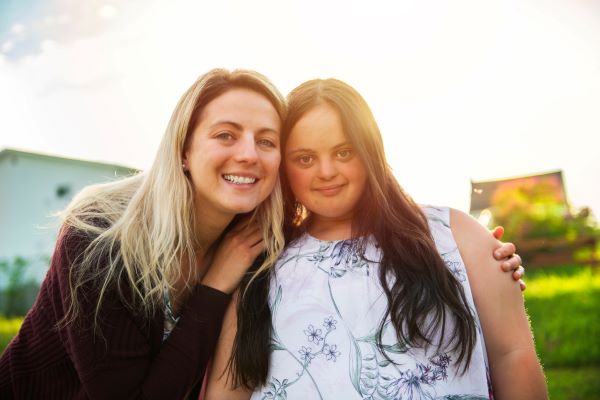The Best Way to Help Your Special Needs Child Enter Adulthood
There are practical and legal steps to take when planning for your child with special needs as they turn eighteen and become a legal adult. Begin well before their birthday to ease the transition and ensure they continue receiving their…



